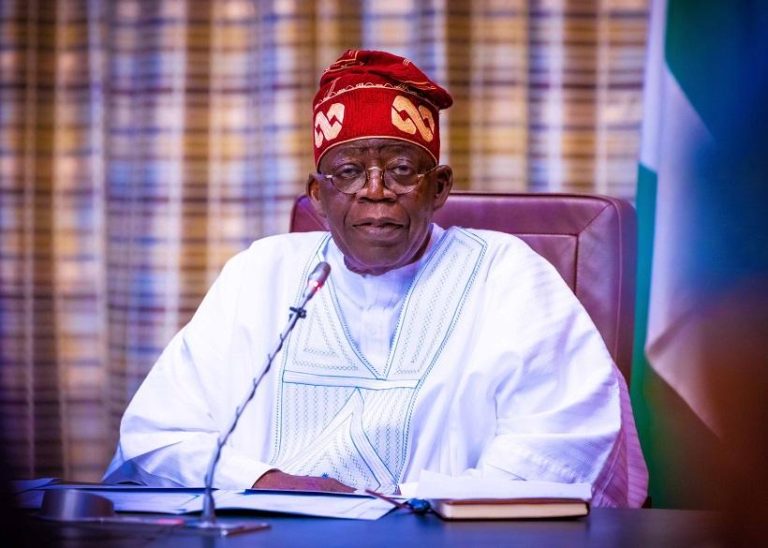
The DA’s Public Procurement Amendment Bill proposes replacing the black economic empowerment (BEE) framework with a non-racial, outcomes-based procurement model that measures inclusion through poverty, performance and social impact.
It calls for a shift from identity-based policy to measurable developmental results, arguing that empowerment should be about poverty rather than race, about performance rather than participation.
The proposal speaks to growing public fatigue with policies seen as politicised or captured and to a desire for a system that rewards competence and delivery.
Yet beneath its administrative logic lies a deeper question: can justice be pursued through neutrality, or must it remain anchored in the historical conditions that produced inequality in the first place?
For nearly three decades, B-BBEE has been the state’s main instrument of economic redress, conceived as a moral response to centuries of exclusion from property, capital and opportunity.
ALSO READ: DA can expect a fight with new Bill
Its intent was restorative, linking justice to historical repair, but its implementation has often fallen short.
The policy’s moral purpose was weakened by limited oversight, political capture and the concentration of benefits among a small elite.
While it expanded ownership and representation in some sectors, broad-based participation and structural change have remained elusive.
The JSE’s transformation dashboard shows black economic interest at about 14% in 2024, with voting rights around 25%; black women’s economic interest stood at 5% and their voting rights at 11%.
These figures reflect progress in form, but not in substance.
ALSO READ: B-BBEE has failed to uplift blacks, as white employees still outnumber them
This vacuum has led to the DA’s proposal, which promises inclusion without ideology and reform without history.
The Bill redefines empowerment in the language of developmental equity. It introduces a procurement scorecard weighted 80% for value for money and 20% for social and developmental outcomes.
These outcomes are linked to the sustainable development goals, focusing on job creation, environmental responsibility and support for small businesses.
In theory, this approach could reduce fronting, professionalise tendering and redirect public spending towards measurable developmental outcomes.
Yet the philosophical shift it represents is significant. Where B-BBEE sought restorative justice, the DA model privileges distributive efficiency.
ALSO READ: Scrapping B-BBEE is bringing back apartheid – Mashatile
It advances the view that equality is best pursued through race-neutral measures, with poverty positioned as the primary marker of disadvantage and the basis for redress.
This marks a transition from a deontological conception of justice, grounded in moral duty to correct past wrongs, to a utilitarian one, focused on maximising aggregate welfare.
Yet this transformation raises a fundamental question about the ethics of equality: can a society that remains structurally unequal claim to be fair by pretending to be colour-blind?
South Africa’s inequality remains deeply racialised. The legacy of exclusion continues to shape patterns of ownership, employment and opportunity.
Wealth and privilege still align closely with race, while poverty and vulnerability remain disproportionately concentrated among those historically dispossessed.
ALSO READ: ‘Scrap B-BBEE to boost growth’ – IRR
The geography of inequality mirrors the moral map of the past.
To remove race as a category of intervention is to pretend that history has completed its work when it continues to structure the present.



